Connect.
Debate.
Drive Change.
FT Forums are exclusive communities convened by the Financial Times, bringing together senior leaders to explore the trends shaping global business.
FT Forums
FT Forums are exclusive communities designed for senior leaders and board members, convened by the Financial Times. Rooted in FT’s editorial authority, each Forum delivers year-round collaboration and insight on the business issues that matter most. Tailored to critical corporate functions and sectors, FT Forums foster meaningful connections, practical intelligence and strategic clarity - empowering leaders to stay ahead in a fast-moving world.
The Forums

A high-level space for senior HR leaders to rethink people strategy, share best practice and elevate the role of HR in business success.

A cross-border community spotlighting how US cities attract global capital - linking foreign investors and policymakers through FT and Nikkei insight.

A think tank for senior leaders to harness technology as a force for long-term business growth, consumer value and sustainable impact.

A private community for senior M&A decision-makers exploring the strategic forces reshaping global business and finance.

An exclusive network for board leaders to exchange ideas, gain foresight and navigate the defining challenges of modern governance.

Where senior leaders and tech decision-makers connect to unlock real-world AI applications and shape the future of business transformation.

A global convening point for energy leaders to exchange insight, anticipate long-term industry shifts, and shape the future of energy.
7
Forums
70,000
In the global community
50+
Exclusive events and intelligence reports
Organisations we partner with






“The session topics and presenters were excellent and well chosen. The guests were a very interesting range of people and great to meet up with some old faces. A perfectly prepared and executed meeting.”
Previous attendee, Chairs' Forum
World class speakers

The Rt Hon Sir John Major KG CH

Andrew Hill, Management Editor, Financial Times

Karen Blackett CBE, former UK Country Manager, WPP

Nicola Sturgeon, First Minister of Scotland

The late Kofi Annan, former Secretary-General of the UN

Dara Khosrowshahi, CEO, Uber
© Financial Times Live
FT Live and its journalism are subject to a self-regulation regime under the FT Editorial Code of Practice